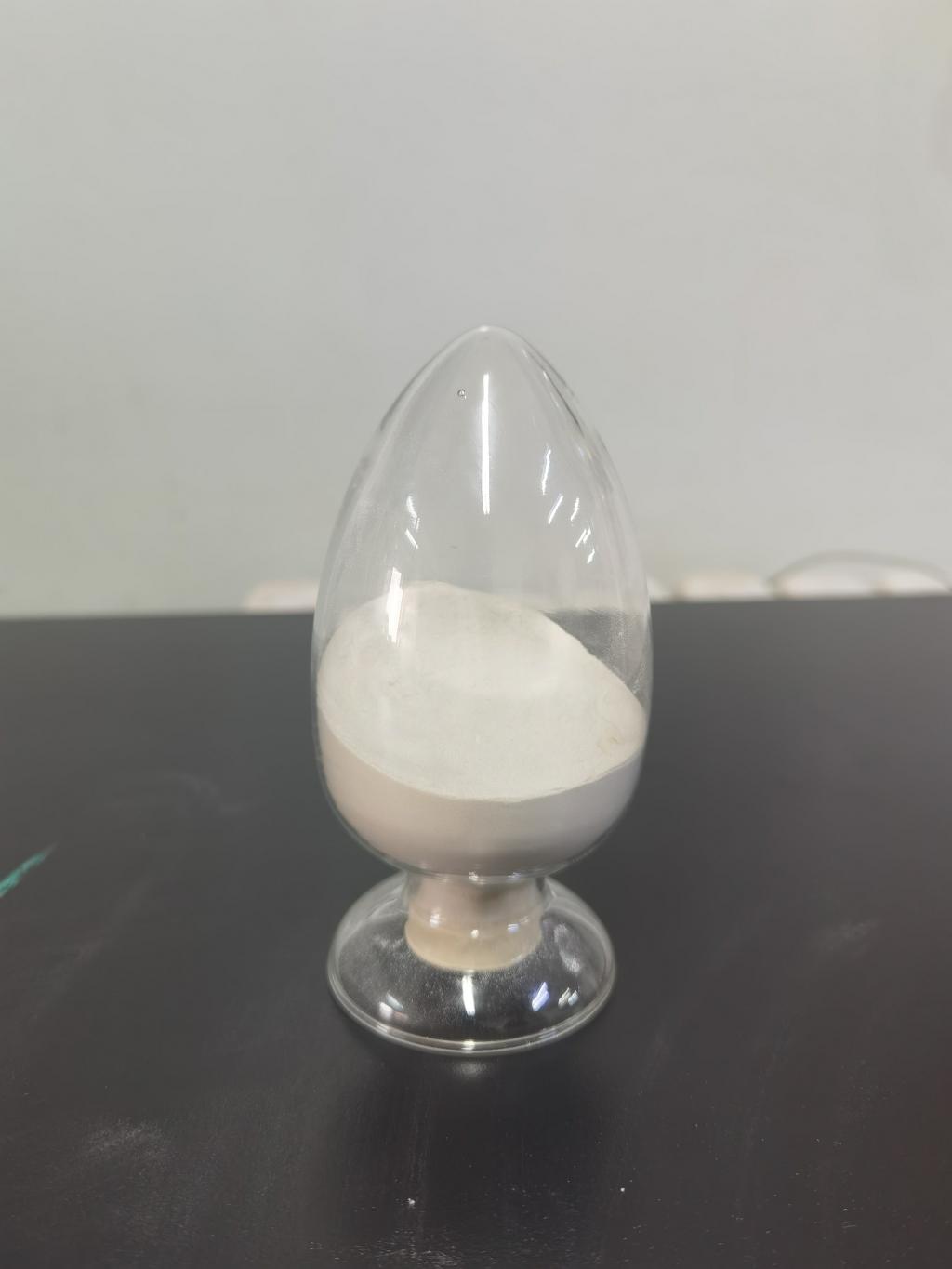Tel:+8618231198596

News
 CONTACT
CONTACT
 CONTACT
CONTACT
- Linkman:Linda Yao
- Tel: +8618231198596
- Email:linda.yao@dcpharma.cn
- Linkman:CHARLES.WANG
- Department:Overseas
- Tel: 0086 0311-85537378 0086 0311-85539701
News
Current Position:
Home >
News
>Are there any ongoing studies or developments related to Nisin and its applications?
Are there any ongoing studies or developments related to Nisin and its applications?
TIME:2023-07-18
Introduction
Nisin is a bacteriocin produced by certain strains of Lactococcus lactis bacteria. It has been widely recognized for its antimicrobial activity against a broad spectrum of Gram-positive bacteria, including foodborne pathogens such as Listeria monocytogenes. As a natural preservative, Nisin offers a safer and more sustainable alternative to traditional chemical preservatives, making it an attractive option for the food industry.
Nisin as a Food Preservative
The use of Nisin as a food preservative has been extensively studied, and ongoing research aims to optimize its efficacy and application methods. Recent developments include the incorporation of Nisin into edible coatings and films, which can extend the shelf life of fresh produce and reduce microbial contamination. Furthermore, efforts are being made to enhance Nisin's stability, solubility, and compatibility with other food ingredients to maximize its preservation potential.
Therapeutic Applications of Nisin
Beyond its role as a food preservative, Nisin exhibits promising therapeutic properties. Ongoing studies explore its potential applications in the medical field, particularly in combating antibiotic-resistant bacteria. Nisin has been shown to possess antimicrobial activity against methicillin-resistant Staphylococcus aureus (MRSA) and other drug-resistant strains. Research focuses on developing novel delivery systems, such as nanoparticles and liposomes, to improve the bioavailability and targeted delivery of Nisin for various clinical applications.
Nisin in Oral Health
Another area of ongoing research is the application of Nisin in oral health products. Nisin has shown potential as an alternative to conventional antimicrobial agents used in mouthwashes and toothpaste. Its ability to selectively target harmful oral bacteria, including Streptococcus mutans, makes it a promising ingredient for combating dental caries and promoting oral hygiene.
Nisin in Animal Feed and Agriculture
The livestock industry faces challenges related to antibiotic resistance and the need for sustainable practices. Ongoing studies investigate the use of Nisin as a natural feed additive for animal production. Nisin has demonstrated antimicrobial effects against pathogens in animal gastrointestinal tracts, leading to improved animal health and reduced antibiotic usage. Additionally, researchers are exploring the potential of Nisin-based formulations as eco-friendly crop protection agents against plant pathogens, reducing the reliance on chemical pesticides.
Challenges and Future Prospects
Despite the significant progress in Nisin research, several challenges remain. The formulation of stable and effective delivery systems for Nisin remains a key focus. Additionally, optimizing production processes and reducing production costs are crucial for its widespread adoption. Moreover, regulatory approvals and consumer acceptance play vital roles in determining the success of Nisin-based products in the market.
Looking ahead, the future prospects of Nisin and its applications are promising. Continued research and development will likely lead to innovative formulations and novel applications in areas such as wound healing, dermatology, and the preservation of pharmaceuticals. Furthermore, combining Nisin with other natural antimicrobial agents or antibiotics may enhance its efficacy and broaden its antimicrobial spectrum.
Conclusion:
Ongoing studies and developments related to Nisin have revealed its immense potential as a natural antimicrobial agent. The use of Nisin as a food preservative, therapeutic agent, and in various other applications demonstrates its versatility. However, further research is needed to overcome challenges related to formulation, production, and regulatory approval. With continued advancements, Nisin has the potential to play a crucial role in addressing global health concerns, improving food safety, and promoting sustainable practices in various industries.
- Tel:+8618231198596
- Whatsapp:18231198596
- Chat With Skype







